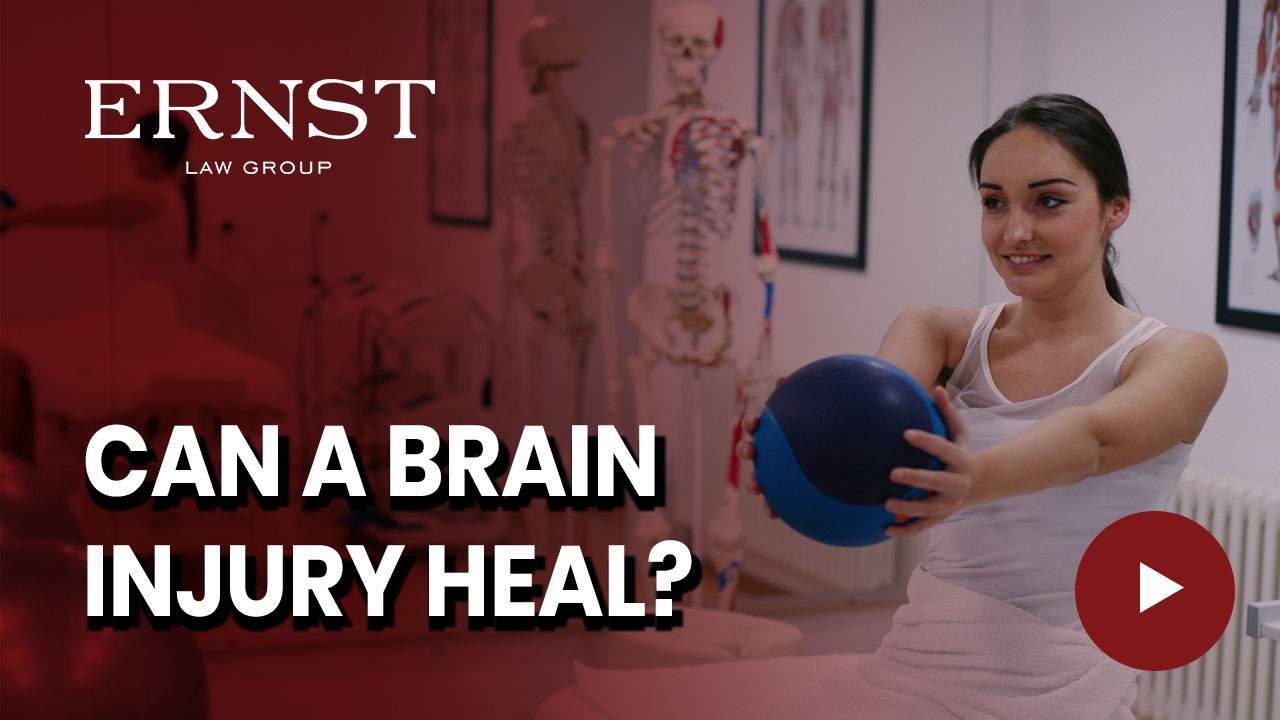Transcript:
I’m Taylor Ernst with the Ernst Law Group. Brain injuries will sometimes cause people to act different than they are. We’ve actually had situations where someone who’s suffered a brain injury, ends up acting like a child. Their personality changes so much, their inhibitions change, some of their impulses change, some of the way they interact with others through both their emotion and their logic will change and it makes them first off seem not like the same person. And second, sometimes they will take significant steps back in what was perceived before the incident to be their development. All of a sudden they’ll seem like they’re acting not their age and that’s not their fault. It’s not that they are intending to act that way around people. It’s just the way their brains suffered harm. Now that’s the best way their brain is currently functioning.
Now, what can you do about that? Well, there’s a lot of resources out there, but most importantly is you need to get to a doctor that believes the symptoms and believes in what’s happening. There’s doctors all across the spectrum that some think brain injuries are going to be at a plateau in 18 months, others think about stuff that’s more neuro plasticity around and the concept of always being able to be improved. You want one in the latter category. You want a doctor that believes there’s some ability or some type of therapy or some type of work that can be put in, that can help. We don’t want to promise and say, “Hey, we’re going to be able to improve someone who’s suffered brain damage,” but you want to give it the best shot you can.
So when you have a situation where someone suffers a brain injury and ends up acting like a child, what you really need to do is address, first get them to the right doctor and second, is what are the types of habits that we can encourage this person to do, to try and help with the rehabilitation the most.









